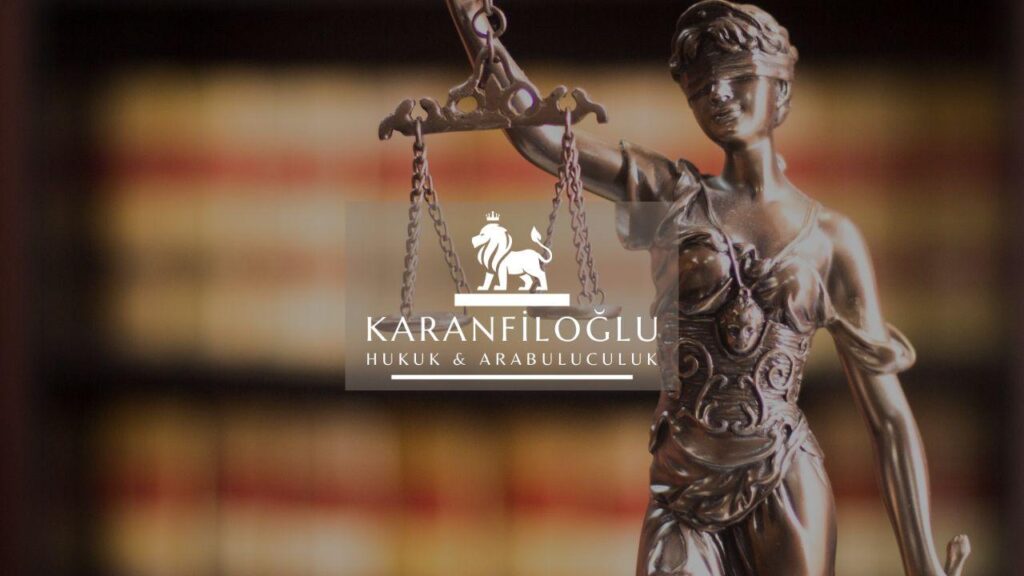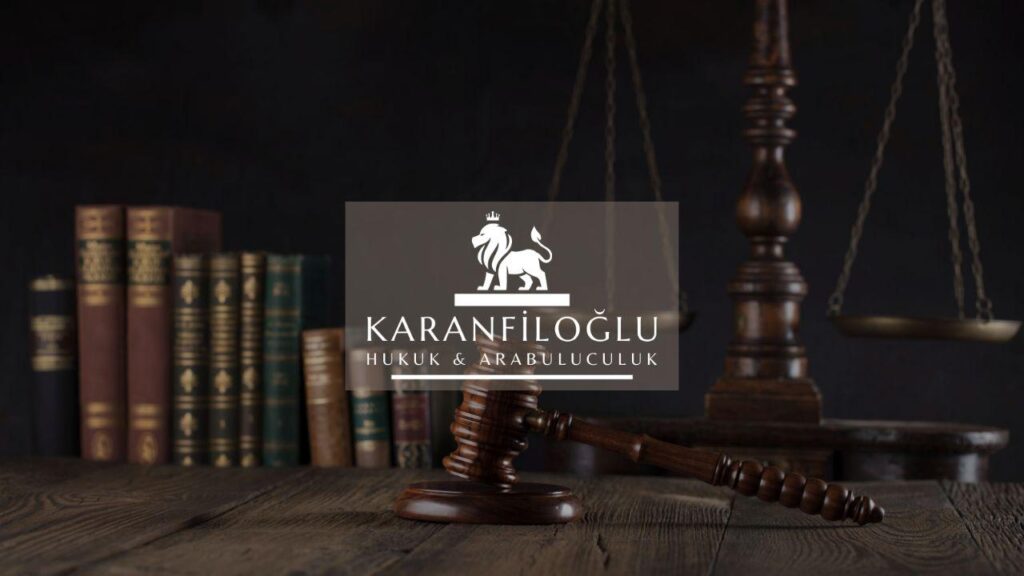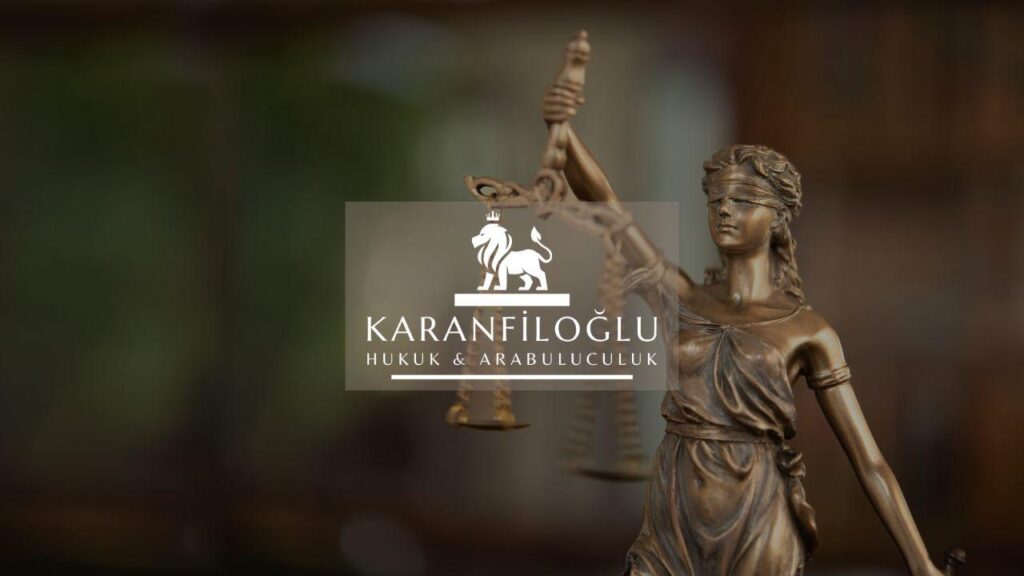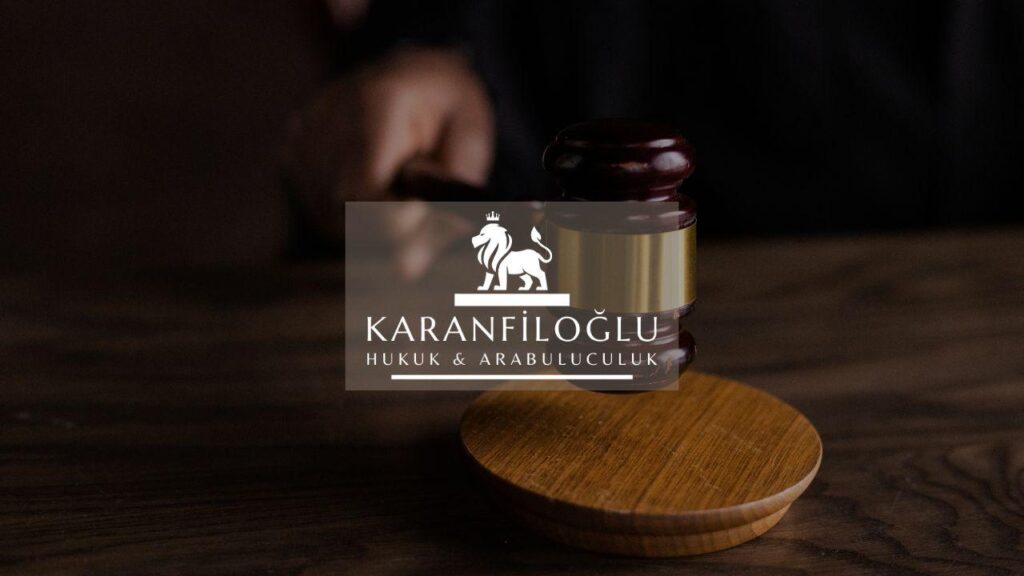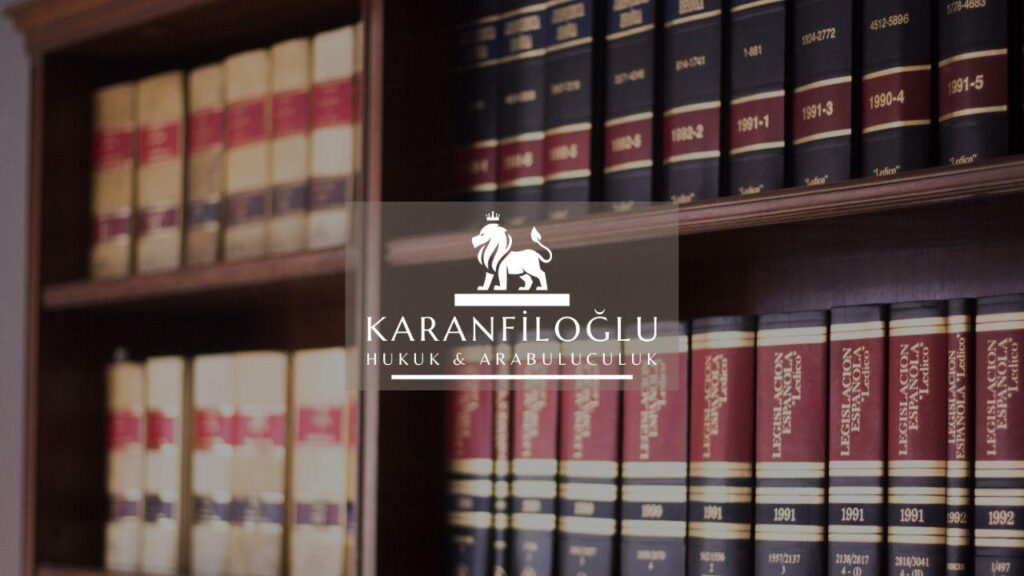Navigating a mortgage dispute in Turkey can be a complex endeavor, requiring a clear understanding of relevant legal frameworks, including the Turkish Civil Code (Law No. 4721) and the Code of Obligations (Law No. 6098). At Karanfiloglu Law Office, our expertise in property and real estate law equips us to assist clients through the intricate processes of resolving such conflicts. Whether the dispute arises from ambiguous contract terms, payment defaults, or disagreements over property rights, our attorneys proficiently address issues under Articles 881 to 897 of the Turkish Civil Code, which govern property mortgages, as well as related provisions in the Code of Obligations. Guided by these regulations, our approach ensures a robust defense of our clients’ interests, laying a solid foundation for either litigation or negotiation. Engaging professional legal services early in the dispute process can significantly enhance the prospect of a favorable resolution.
Understanding Your Legal Rights and Responsibilities
Understanding your legal rights and responsibilities is paramount when dealing with a mortgage dispute in Turkey. Under Article 881 of the Turkish Civil Code, the mortgagor has the right to redeem the mortgage by fully repaying the loan, including any accrued interest and costs. Additionally, the lender must comply with Article 887, which mandates the release of the mortgage upon full repayment. Should any disputes arise pertaining to ambiguous contractual clauses or improper execution of mortgage terms, Articles 93 to 108 of the Turkish Code of Obligations provide a basis for resolving such issues, detailing the responsibilities of both parties in honor and enforcement of obligations. Karanfiloglu Law Office can guide you through the specifics of these legal provisions, ensuring thorough protection and effective assertion of your rights.
Moreover, it is crucial to understand the procedural steps when a dispute escalates. Under Article 894 of the Turkish Civil Code, if a mortgagor fails to meet the repayment terms, the mortgagee has the right to initiate foreclosure proceedings after a formal notice has been issued. This process must align with regulations outlined in Articles 45 to 50 of the Execution and Bankruptcy Code (Law No. 2004), which define the enforcement mechanisms including auctions and asset liquidation. During foreclosure, the mortgagor retains the right to file objections under Article 5 of the Code of Obligations, potentially halting proceedings if there is a legitimate basis such as errors in calculation or unauthorized charges. At Karanfiloglu Law Office, our seasoned lawyers are adept at both defending clients against unfair foreclosure and pursuing rightful claims to enforce mortgage contracts, leveraging the full spectrum of applicable Turkish laws to safeguard our clients’ interests.
Taking timely legal action is often the key to a successful resolution. According to Article 898 of the Turkish Civil Code, any claims regarding mortgage disputes must be filed within a specific timeframe to ensure they are considered valid by the courts. Early engagement with a legal expert can help navigate these deadlines and mitigate further complications. Additionally, under Article 134 of the Turkish Code of Obligations, parties may seek mutual settlement through mediation, which is not only a less adversarial route but also a faster and more cost-effective method for resolving disputes. At Karanfiloglu Law Office, we provide comprehensive support, from initial consultation through to court representation or mediation, always aiming to achieve the best possible outcome for our clients while strictly adhering to the prescribed legal frameworks. Our proactive approach, grounded in a deep understanding of Turkish property and mortgage laws, ensures that your rights are vigorously defended at every stage of the dispute process.
Navigating the Turkish Legal System for Mortgage Disputes
When handling a mortgage dispute in Turkey, understanding the intricacies of the Turkish legal system and specific legislative articles is paramount. The Turkish Civil Code (Law No. 4721), particularly Articles 881 to 897, provides a comprehensive legal framework addressing various aspects of property mortgages, including collateral rights and foreclosure proceedings. Additionally, the Code of Obligations (Law No. 6098) outlines the contractual obligations of parties involved, governing terms related to payment defaults and enforcement of mortgage agreements. By meticulously navigating these statutes, our team at Karanfiloglu Law Office ensures that clients are well-armed to either assert their rights or mitigate potential liabilities in mortgage disputes. This legal acumen allows us to devise bespoke strategies tailored to each unique situation, which is essential for achieving a successful outcome in or out of the courtroom.
In addition to understanding the legislative framework, effectively resolving mortgage disputes in Turkey often involves a thorough examination of the mortgage contract itself. Articles 149 to 156 of the Turkish Code of Obligations (Law No. 6098) provide critical guidelines on contract interpretation and the fulfillment of conditions, which can be crucial when disputes arise from ambiguous terms or alleged breaches of contract. At Karanfiloglu Law Office, we meticulously dissect each clause of the mortgage agreement to identify any inconsistencies or potential areas of contestation. Our comprehensive approach, combined with an in-depth knowledge of pertinent case law and precedents, allows us to build robust arguments, whether negotiating settlements out of court or presenting a compelling case during litigation. This strategic insight not only clarifies the positions of our clients but also strengthens their stance in any legal confrontation regarding mortgage disputes.
Another crucial aspect of navigating mortgage disputes in Turkey is effective communication and negotiation between the disputing parties. Often, disputes can be amicably resolved through mediation, which is encouraged under Turkish law. Articles 35/A through 38/A of the Turkish Mediation in Civil Disputes Law (Law No. 6325) outline the framework for mediation as an alternative dispute resolution mechanism. At Karanfiloglu Law Office, we leverage our expertise in mediation to facilitate dialogue and foster resolutions that align with our clients’ best interests. Mediation not only helps preserve relationships but also offers a cost-effective and timely resolution compared to protracted litigation. By guiding our clients through every stage of the mediation process, from preparatory discussions to final agreements, we strive to reach settlements that are fair, legally sound, and mutually beneficial. This proactive approach underscores our commitment to resolving mortgage disputes efficiently while safeguarding our clients’ rights and investments.
Seeking Expert Legal Assistance for Effective Resolution
Engaging experienced legal counsel from the outset is crucial in managing a mortgage dispute effectively in Turkey. At Karanfiloglu Law Office, we thoroughly evaluate each case under the relevant legal provisions, such as Articles 881 to 897 of the Turkish Civil Code and related articles of the Code of Obligations. Our attorneys are adept at identifying key issues like non-compliance with contract terms or conflicting interpretations of mortgage agreements. By leveraging our deep understanding of Turkish property and real estate law, we customize strategies to protect our clients’ rights, whether through litigation or alternative dispute resolution mechanisms. This proactive legal guidance not only safeguards our clients’ interests but also streamlines the path towards a favorable and efficient resolution of the dispute.
Our team at Karanfiloglu Law Office also prioritizes gathering and meticulously analyzing all pertinent documentation and evidence related to your mortgage dispute. This includes reviewing the original mortgage agreement, any relevant correspondence, payment records, and property title deeds. By thoroughly assessing these documents, we can identify any potential breaches or discrepancies under the applicable laws, such as Article 883 of the Turkish Civil Code, which outlines the obligations of the mortgagor and mortgagee. Armed with comprehensive evidence and a detailed understanding of your specific situation, we craft compelling arguments to support our clients’ positions, whether negotiating settlements or presenting cases in court. This intricate preparation ensures that no aspect of the dispute is overlooked, enhancing the likelihood of achieving a positive outcome.
Given the complexities and significant financial implications associated with mortgage disputes, securing professional legal representation is essential for safeguarding your interests. The attorneys at Karanfiloglu Law Office bring a wealth of experience and a proactive approach to each case, ensuring that our clients are well-prepared for any scenario. We understand the emotional and financial stress such disputes can impose, and as such, we provide diligent support throughout the process—from initial consultations and legal assessments to final resolutions, whether through court judgments or amicable settlements. Our commitment to transparent communication and ethical practice ensures that our clients are continually informed and empowered to make educated decisions. At Karanfiloglu Law Office, we are dedicated to resolving mortgage disputes with a focus on achieving the best possible outcome, thereby securing our clients’ future stability and peace of mind.
Disclaimer: This article is for general informational purposes only and you are strongly advised to consult a legal professional to evaluate your personal situation. No liability is accepted that may arise from the use of the information in this article.


